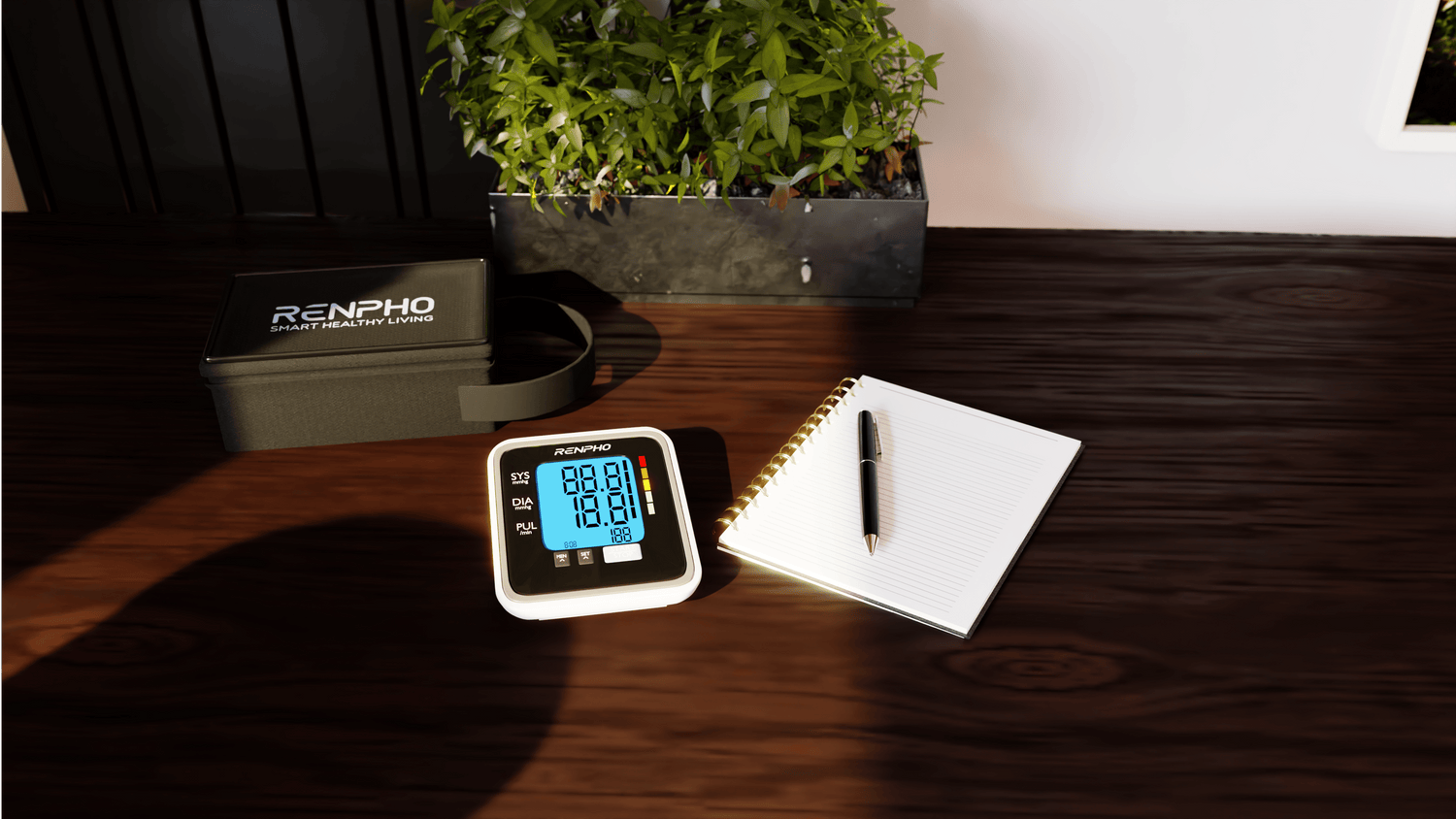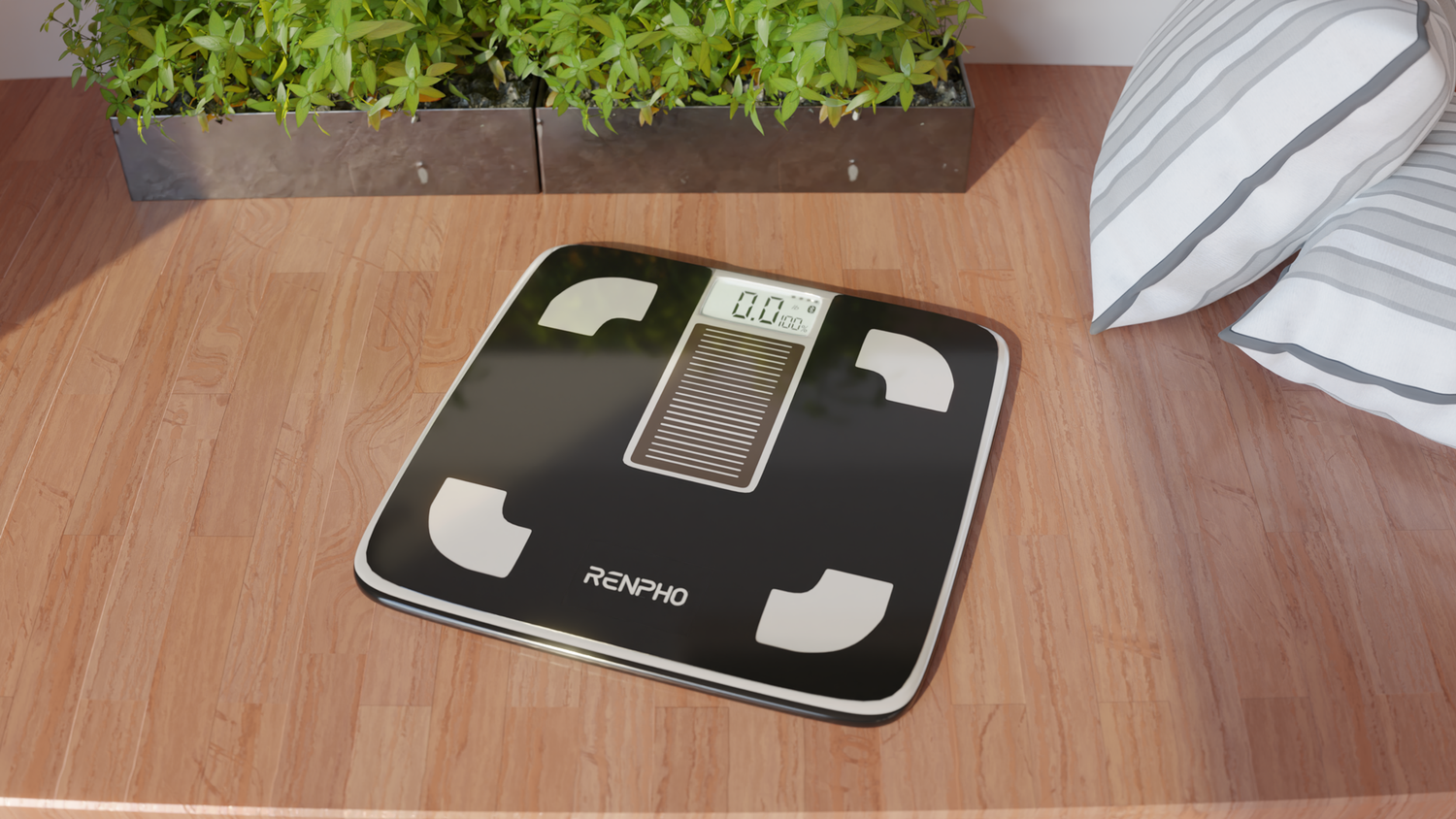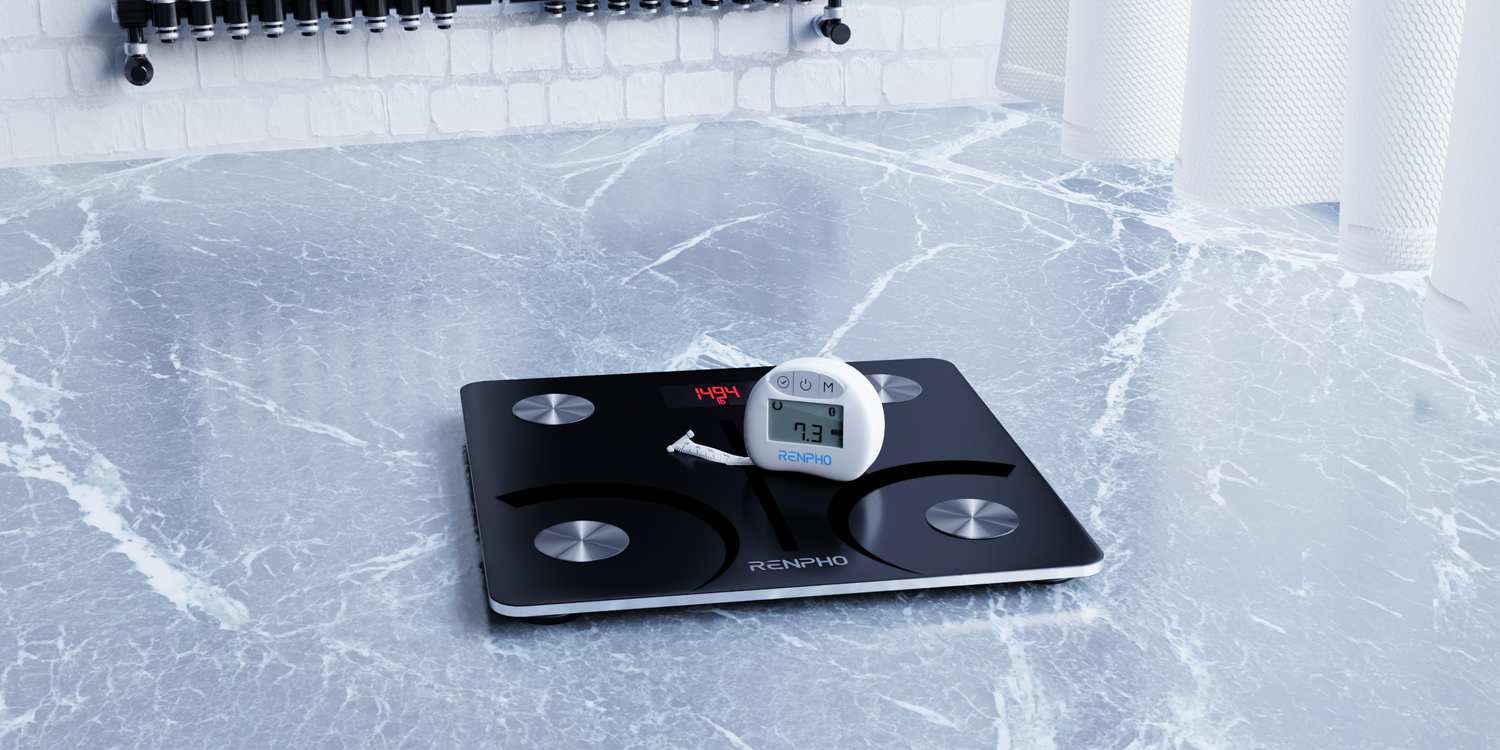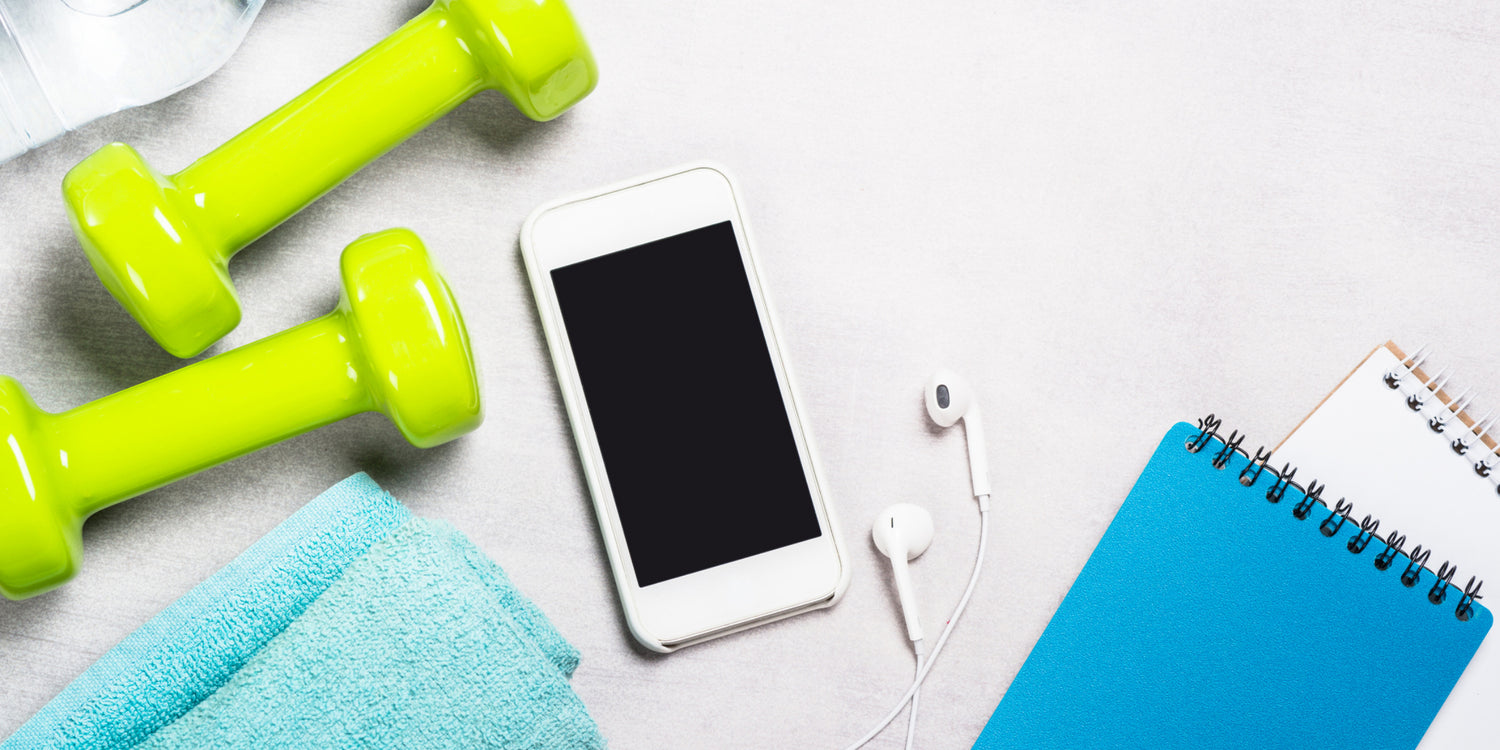You’ve heard about it somewhere, right? The silent killer that is known as hypertension or more commonly known as high blood pressure. What starts off as a medical condition where its symptoms are almost unnoticeable can eventually lead to serious heart complications like heart disease and stroke.
Now you might be wondering if there are ways to lower blood pressure. Fortunately, there are plenty of ways to do so. But first, there is one important question you need to know before starting to make some lifestyle changes.
Are You at Risk for High Blood Pressure?
With millions of people affected worldwide, understanding the risk factors for hypertension can help you determine if you are at risk and take the necessary preventive measures to maintain healthy blood pressure levels.
Age is probably one of the most significant risk factors, with the prevalence of high blood pressure increasing as individuals get older. You probably know some elderly people in your life who are taking regular medication to control their blood pressure and their age will most likely be the top reason behind their condition.
Weight is another contributing factor. Being overweight or obese puts extra strain on the blood vessels and can lead to elevated blood pressure. Moreover, your sex can also influence blood pressure, with men generally having a higher risk at a younger age, while women have an increased risk after menopause.
Lastly, the very choices you make with your lifestyle have a significant impact on your blood pressure. Engaging in stressful activities, sleep deprivation, and excessive alcohol consumption can contribute to hypertension.
Why is Your Lifestyle So Important?
In general, and not just for blood pressure, your lifestyle plays a crucial role in your overall health. Every choice you make in terms of physical activity, diet, sleep, and stress management can significantly impact your blood pressure levels and reduce the risk of heart disease, stroke, and other complications. But take poor care of yourself and you put your body at risk of various diseases. So, adopt a healthy lifestyle now and start taking the necessary steps to improve your overall well-being and maintain healthy blood pressure levels.
5 Ways for High Blood Pressure to Improve
As mentioned previously, hypertension is no reason to lose hope. There are several lifestyle changes that can effectively lower and control high blood pressure. By incorporating these 5 simple tips into your daily routine, you can take proactive steps to improve your blood pressure levels and maintain a healthier lifestyle overall.
-
Limit Alcohol

While alcohol itself has health benefits and is crucial for managing high blood pressure, excessive drinking can do the opposite and counteract the effectiveness of blood pressure medication. Even worse, it can also increase the risk of heart disease.
The recommended limits for alcohol intake can differ depending on your overall health condition. Generally, up to one drink per day for women and up to two drinks per day for men is the maximum. Exceeding these limits can lead to a rise in blood pressure and contribute to hypertension.
But remember, alcohol is a diuretic, which means it increases urine production and can lead to mild dehydration, which can cause blood vessels to constrict and raise blood pressure. Additionally, excessive alcohol consumption over time can damage the heart and increase the risk of cardiovascular diseases.
Therefore, limit alcohol intake and consult with a healthcare professional for personalized recommendations.
-
Quit Smoking

Generally, smoking is bad for your health. Not only does it raise blood pressure in the short term, but it also damages the walls of blood vessels, increasing the risk of heart disease.
When a person smokes, the chemicals in tobacco cause an immediate increase in blood pressure. This happens because nicotine causes blood vessels to constrict, making it harder for blood to flow freely. Over time, this constant constriction can lead to long-term damage to the blood vessels, making them less flexible and more prone to blockages.
Furthermore, the chemicals in tobacco damage the lining of blood vessels, making it easier for cholesterol and other substances to build up and form plaques. These plaques can limit or block blood flow to the heart, leading to heart attacks and other heart-related complications.
Moreover, secondhand smoke, which is the combination of smoke from the burning end of a cigarette and the smoke exhaled by the smoker, contains the same harmful chemicals. Even brief exposure can cause immediate damage to blood vessels in a non-smoker.
Quitting smoking is one of the most effective ways to improve high blood pressure and reduce the risk of heart disease. By quitting, individuals can protect their blood vessels from further damage caused by tobacco chemicals and greatly improve their cardiovascular health.
-
Get a Good Night’s Sleep

Adequate rest is essential for overall health and well-being, especially when it comes to managing high blood pressure. Lack of sleep has been linked to an increased risk of hypertension and can even contribute to elevated blood pressure levels.
Therefore, it is essential to establish a consistent sleep schedule to improve sleep quality and ultimately manage high blood pressure. Going to bed and waking up at the same time each day can help regulate your body's internal clock and promote better sleep. Creating a relaxing and comforting environment by keeping the bedroom dark, quiet, and at a cool temperature can also enhance sleep quality.
So, by establishing a consistent sleep schedule and creating a peaceful sleep environment, you can rest better and ultimately help prevent or maintain hypertension.
-
Reduce Stress

Stress can have a significant impact on our overall health, and it includes your blood pressure. That's why it's crucial to incorporate stress reduction techniques into your daily lives. One effective strategy is to identify the triggers and find out how to avoid or solve them and could involve setting boundaries, delegating tasks, or seeking support from loved ones or professionals.
Aside from those methods, engaging in calming activities can also help and subsequently lower blood pressure. Deep breathing exercises, for example, can activate the body's relaxation response, promoting a sense of calm. By taking slow, deep breaths in through the nose and out through the mouth, we can soothe our nervous system and reduce stress levels.
Meditation is another powerful tool you can use to fight the effects of stress. This practice involves focusing the mind and calming the thoughts, which can help release tension and promote relaxation. Do it regularly, even if it’s just a few minutes each day, and you can experience reduced stress and improved overall well-being.
Keep in mind that reducing stress is essential for maintaining a healthy lifestyle and managing high blood pressure. By implementing stress reduction techniques, such as identifying triggers, practicing deep breathing, and regular meditation, you can improve your overall well-being and avoid hypertension.
-
Monitor Your Blood Pressure

Of course, regularly monitoring your blood pressure is an essential step. By tracking your blood pressure numbers with the RENPHO Blood Pressure Monitor, you can better understand the effectiveness of your medications and lifestyle changes. Moreover, you can easily determine if there’s anything you need to change with your current methods. This empowers you to take proactive steps toward managing your condition and reducing the risk of complications.
Moreover, regular checkups with your physician are also crucial in managing high blood pressure. These visits allow your doctor to assess your blood pressure levels, monitor the effectiveness of your treatment plan, and make adjustments that are personalized for you if necessary. In addition, they provide an opportunity for you to discuss any concerns or questions you may have.
Taking charge of your blood pressure through home monitoring and regular checkups can help you stay on top of your condition and make necessary adjustments for better health. Remember to always consult with your healthcare provider for personalized advice and guidance.
|
Remember to Take It Slow When managing high blood pressure, focus on sustainable lifestyle changes. Start with one or two areas to improve, like reducing salt intake or increasing physical activity. Gradual, achievable goals are key to successfully making changes to your routine. Also, don’t forget to regularly consult a healthcare professional for guidance, support, and monitoring. Remember, take it one step at a time to increase your chances of living a healthier lifestyle. |
Managing Blood Pressure Is a Lifelong Commitment
Managing blood pressure is not a one-time fix. You don’t change your lifestyle for the better and expect permanent results. It is a lifelong commitment that requires a combination of adopting a heart-healthy lifestyle and regularly monitoring blood pressure at home. If needed, you also need to add prescription medicine.
Adopting a heart-healthy lifestyle is equally important. This includes following a balanced diet, low in sodium and high in fruits, vegetables, whole grains, and lean proteins. Regular physical activity, such as brisk walking, cycling, or swimming, helps to keep the heart and blood vessels healthy. Maintaining a healthy weight, avoiding tobacco use, and limiting alcohol consumption are other important components of a heart-healthy lifestyle.
Regularly monitoring blood pressure at home can provide valuable information and help detect any changes or trends. Using a home blood pressure monitor, individuals can track their blood pressure readings and share them with their healthcare provider. This allows for early intervention if necessary and helps to guide treatment decisions.
Adhering to prescribed medication is crucial in managing blood pressure effectively. Blood pressure medications work by relaxing the blood vessels and reducing the workload on the heart. It's important to take them as directed by a healthcare professional and not to skip doses, even if one feels fine.
Takeaway
Incorporating lifestyle changes is essential for preventing hypertension. By adopting these five tips, you can take proactive steps toward improving your health and well-being. Remember, small adjustments in daily routines, such as limiting alcohol intake, avoiding cigarettes, managing stress levels, getting enough rest, and monitoring blood pressure regularly, can make a significant difference in managing high blood pressure and promoting a healthier lifestyle overall. And don’t forget to consult with healthcare professionals for personalized advice and guidance on how to manage high blood pressure effectively.
Renpho Health Tips
-

How to Use and Read Your Digital Blood Pressure Monitor?
October 9, 2023
Read more >
-

Cracking the Code: BMI and Body Fat Percentage
October 10, 2023
Read more >
-

What Your BMI Says About Your Health
October 3, 2023
Read more >
-

How Apps Made Fitness Goals Easier to Reach
August 17, 2023
Read more >
-

How Technology Can Be Used in Smart Devices to Boost Health & Wellness
July 11, 2023
Read more >



































